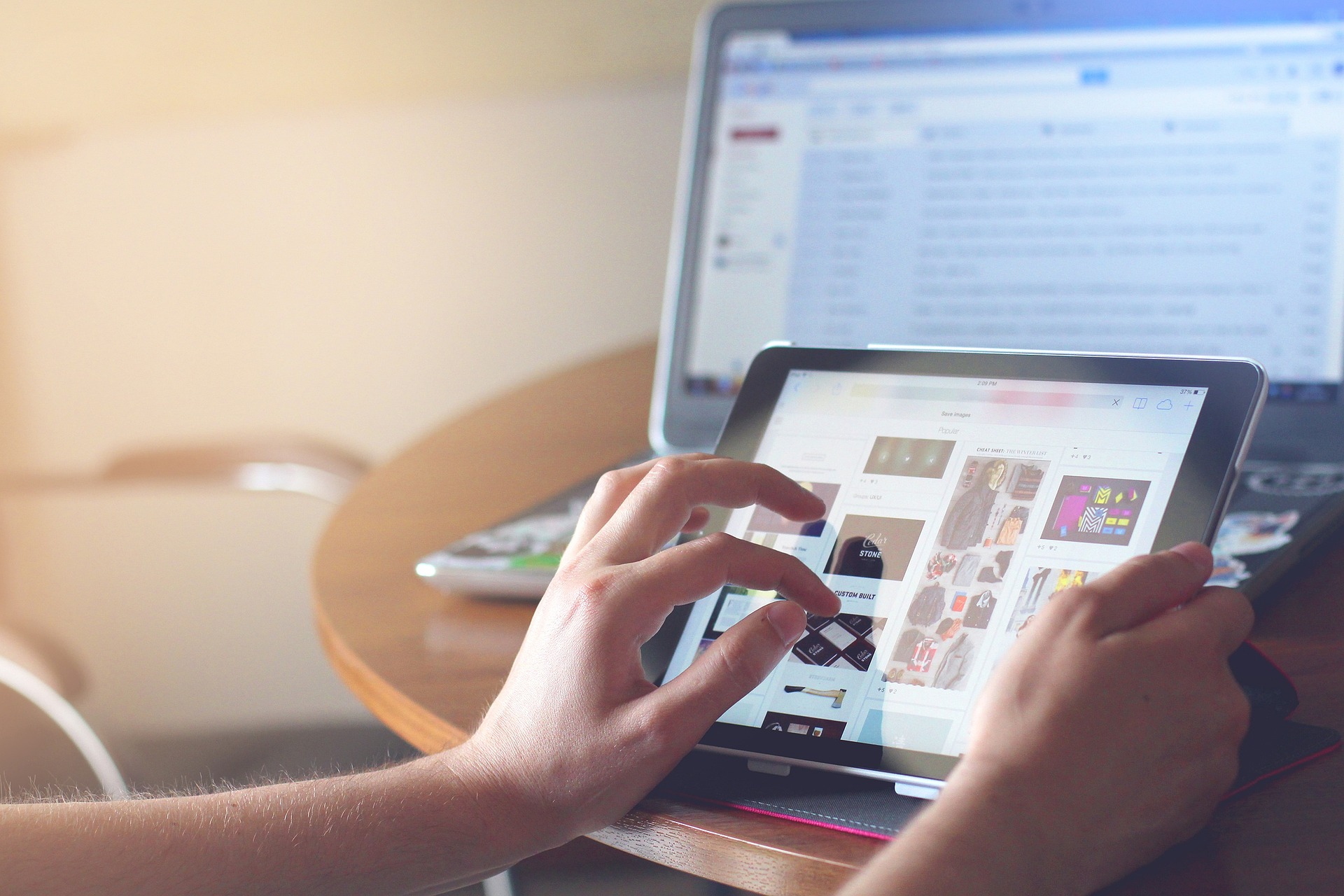Before 2020, the country (and the world) was already moving towards ever-increasing amounts of screen time, but the pandemic exponentially accelerated the issue. Without the pandemic, millions of people would have never experienced working from home – but once they did, our work culture shifted heavily to remote workers communicating over Zoom rather than in-person meetings. Children attended classes on the computer, and entire families watched TV and movies when they couldn’t leave home. In short, screens became our lifeline and connection to our jobs, families, and the outside world.
Although our screens may have saved us in some ways, there is no argument that too much screen time is detrimental to both physical and mental health. The benefits of staying in touch were weighed against the increased levels of anxiety, depression, and insomnia already associated with too much screen time.
What is the Science Behind “Social Reward”?
The human brain produces a chemical known as dopamine, which scientists link with motivation. Dopamine is generated and released when we eat delicious food, have a satisfying workout, or interact with people we love. Dopamine, therefore, rewards people for beneficial behaviors and inspires people to repeat those activities.
The “reward pathways” in the brain are activated when an individual anticipates or experiences rewarding scenarios. These associations and pathways are fixed in the brain, causing the person to keep performing the behavior.
As positive experiences release dopamine, too much time on social media shifts “the reward to interactions that result in “likes” and “shares.” These activities provide validation to the individual that mimics love or friendship in the brain and creates a craving in the brain for more and more. Sadly, this type of validation is artificial and unsustainable and begins to overtake and replace real-life interactions and experiences.
Adverse Effects of Screen Time
Experts sounded the alarm about electronics usage before the pandemic – and like many measures taken in response to the health crisis, a growing addiction to our screens has resulted in myriad mental health and medical issues. Some of the most prevalent of these include:
- Insomnia/ Loss of Sleep: Melatonin helps the body to relax and sleep, but the blue light emitted from the screen of our devices impairs the production of this vital hormone. Utilizing devices in bed (or for hours just before bedtime) makes it significantly more challenging to get a good night’s sleep.
- Eye Strain and Body Aches: Spending too many hours staring at a device significantly impacts the eyes, causing eye strain, dry eyes, and retinal stress. The posture most people assume when using a computer can cause noticeable strain on their neck, back, and shoulders, causing temporary muscle pain and chiropractic issues.
- Loss of Social Skills: Many have been tricked by the term “social” media, replacing online interaction with actual social relationships. People consider themselves “social” even though they sit alone for long periods of time. Eventually, people lose confidence about interacting in real life, experience social anxiety, or stop trying to establish physical relationships at all.
- Reduced Emotional Capacity: Too much screen time adversely impacts a person’s ability to recognize and process emotions. Desensitization and disassociation weaken feelings of empathy and increase aggression, anger, and discontent.
- Lower Self-Esteem: Too much virtual screen time results in reduced self-esteem and a weaker sense of personal identity. Comparison through social media drags down self-worth because the mind begins to assume that what others portray on social media is their real-life – free of sadness or problems. The user compares their own relatively mundane or lonely life to a curated marketing image on a screen.
Take Back Your Life
There are some instances (typically work or school-related) that we cannot be without our devices. But when asked to record the number of hours spent scrolling and browsing social media sites, most people are shocked to learn how much of their life is spent mindlessly in these activities. You may believe that you and your family are spending too much time on devices, but it is challenging to break these addictive habits.
Of course, the best way to break an addiction to screens is to put them down and walk away. Start small by taking a fifteen-minute walk without your phone, or challenge your family to spend one hour a night in conversation with no screens. Replace “movie night” with “board game night,” and encourage family bike rides or drives to new places. Most people are amazed at how much they grow to enjoy these times, and the weaning off the devices can begin. However, it is essential to note that social media and electronic device addiction is a verified phenomenon and can be as difficult to overcome as any addiction.
A coach or counselor can be of immense benefit if you can’t break the habit (but want to). Accountability and advice from a compassionate and understanding advocate can be a great way to start on the road to freedom from these devices and a healthier lifestyle.
Denise Schonwald is a nationally certified coach and mental health counselor. If you are experiencing mental health concerns but aren’t sure where to begin, take our free assessment survey.

